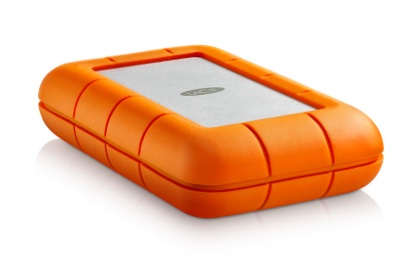According to the latest market study released by Technavio (www.technavio.com), the global digital map market is expected to reach $5.57 billion by 2020, growing at a compound annual growth rate (CAGR) of nearly 14% during the forecast period.
This research group says, that over the years, the adoption of location-based application-enabled smartphones has gained popularity. Previously, mobile devices were merely used as communication devices. However, with the increasing functionalities and processing capabilities of smartphones and tablets, users are able to use their mobile devices to obtain real-time directions to nearby locations, weather forecasts, and traffic updates.
Since location-based advertising is cost-effective, many mobile advertisers are targeting smartphone users in their product and service marketing. All these location-based service applications and devices are built on digital maps, which provide location information to end-users. Therefore, mobile device manufacturers are developing partnerships with digital map providers to provide inbuilt digital maps in their devices, according to Technavio.
The global digital map market by automotive navigation application was valued at $1.6 billion in 2015 and is expected to reach $2.39 billion by 2020, growing at a CAGR of over 8%. IoT [Internet of Things] services are predominantly used for the remote monitoring of cars and theft recovery in the automotive industry. The growing demand for digital maps in connected cars is one of the factors that is fueling the growth of the market.
The deployment of long-term evolution (4G-LTE) technologies in the automotive sector is another reason for the increased adoption of IoT solutions, says Technavio. Also, the sector has been witnessing a growing trend in favor of intelligent cars and transport systems, which use Internet of Things (IoT) technology to enhance safety and functionality in vehicles with complete in-built systems.
The global digital map market by mobile and Internet application was valued at $760 million in 2015 and is expected to reach $1.52 billion by 2020, growing at a CAGR of nearly 15%, says Technavio. Cellular connectivity is an important access channel to support and enable communications over large-scale IoT devices. The advent of high-speed 4G LTE wireless networks has helped support high-bandwidth M2M applications.
The adoption of multiple strategies by operators, such as differentiated bandwidth pricing, subsidized pricing of connected wireless modules (including modems and gateways), easily deployable cross-vertical industry solutions, and bundled cloud-based platform solutions, are driving the adoption of 4G for IoT communications. The rollout of 4G LTE and 5G networks is expected to facilitate faster transmission and higher volumes of data in the connected vehicles segment.
The global digital map market by public sector and enterprise application was valued at $260 million in 2015 and is expected to reach $430 million by 2020, growing at a CAGR of almost 11%. Digital maps can help track the exact location of an individual. This can be done by calling emergency helpline numbers. The services help achieve homeland security by providing high-accuracy location data for law enforcement operations. These services also aid in water utility disaster management.


